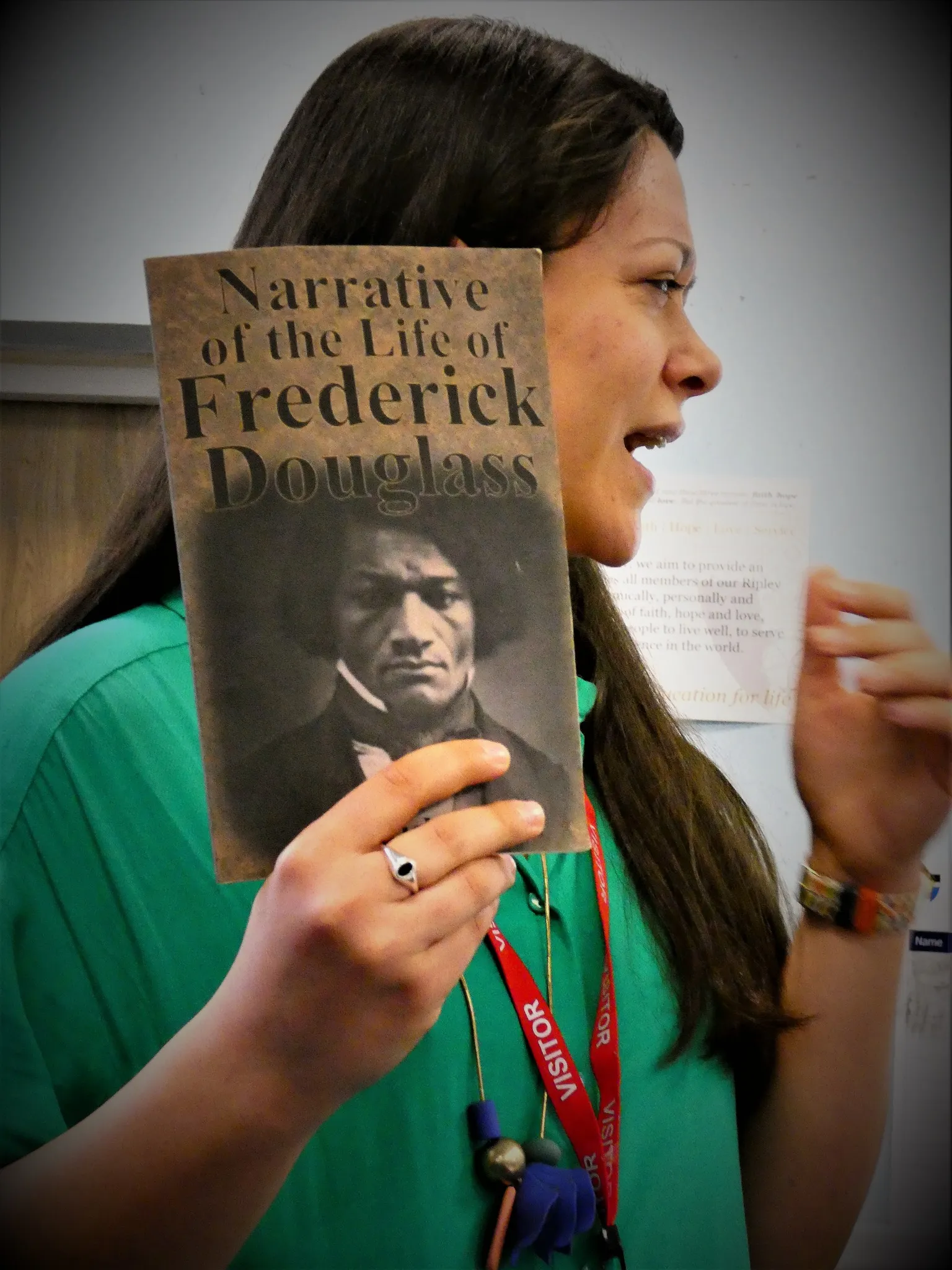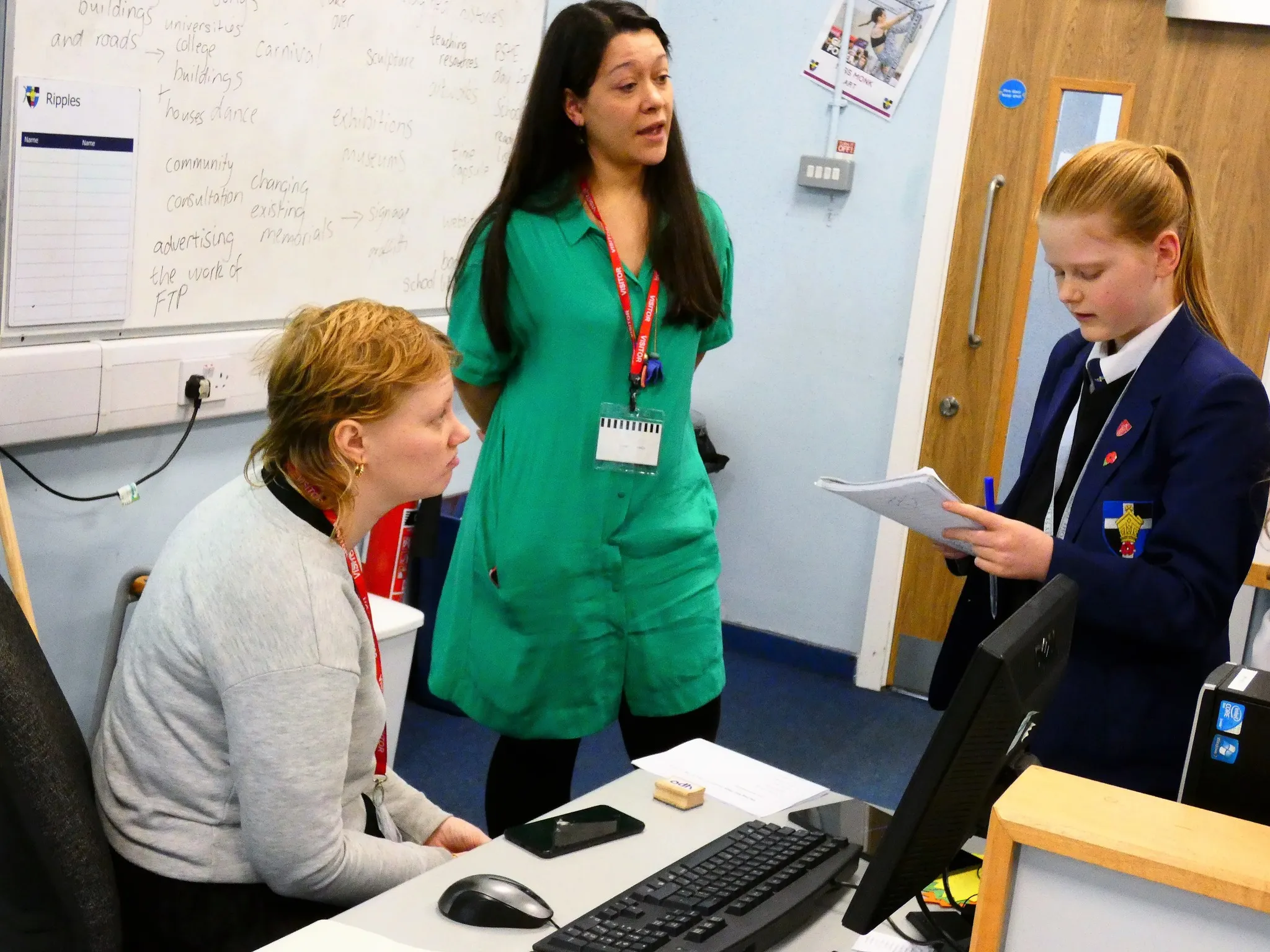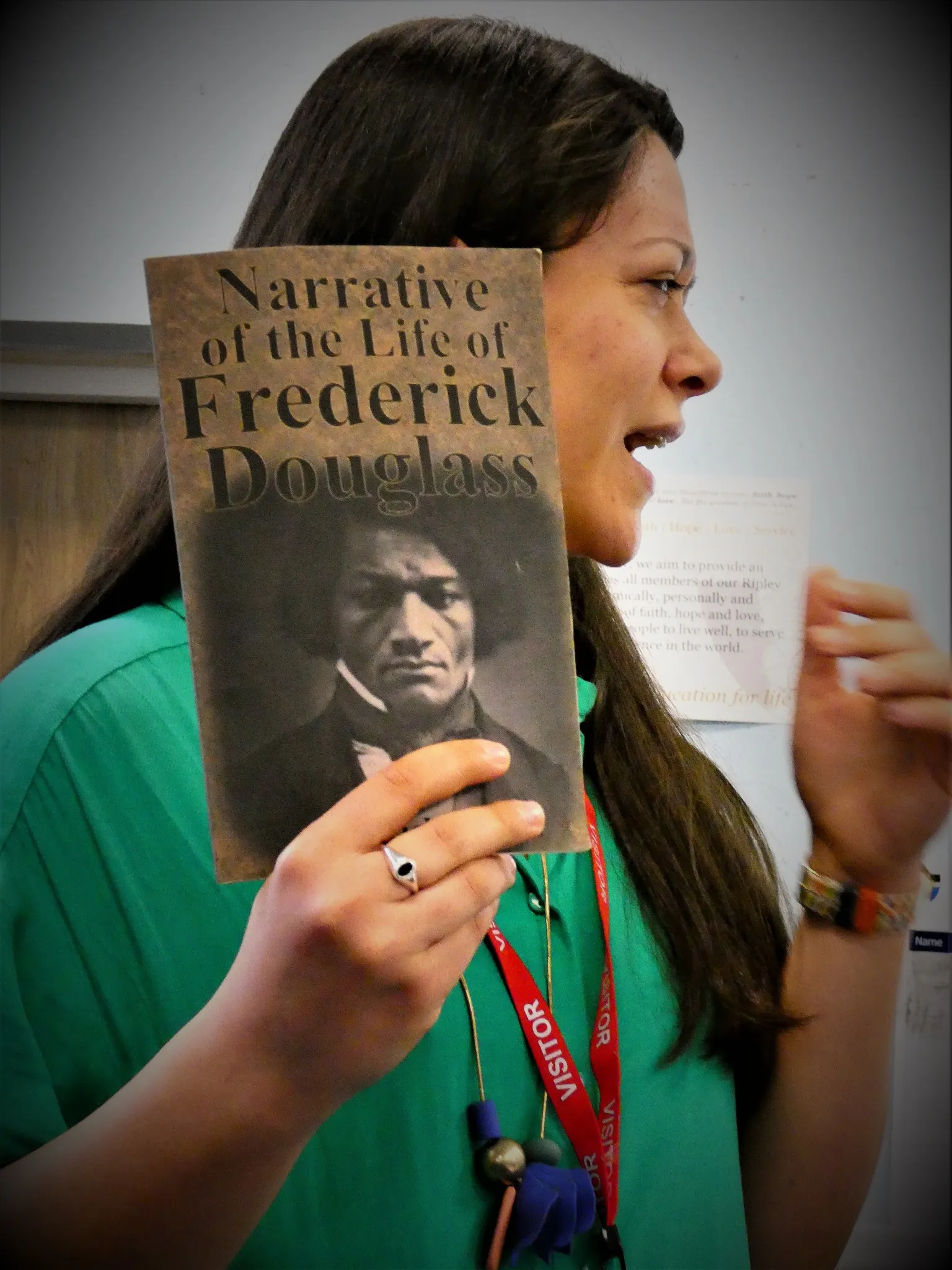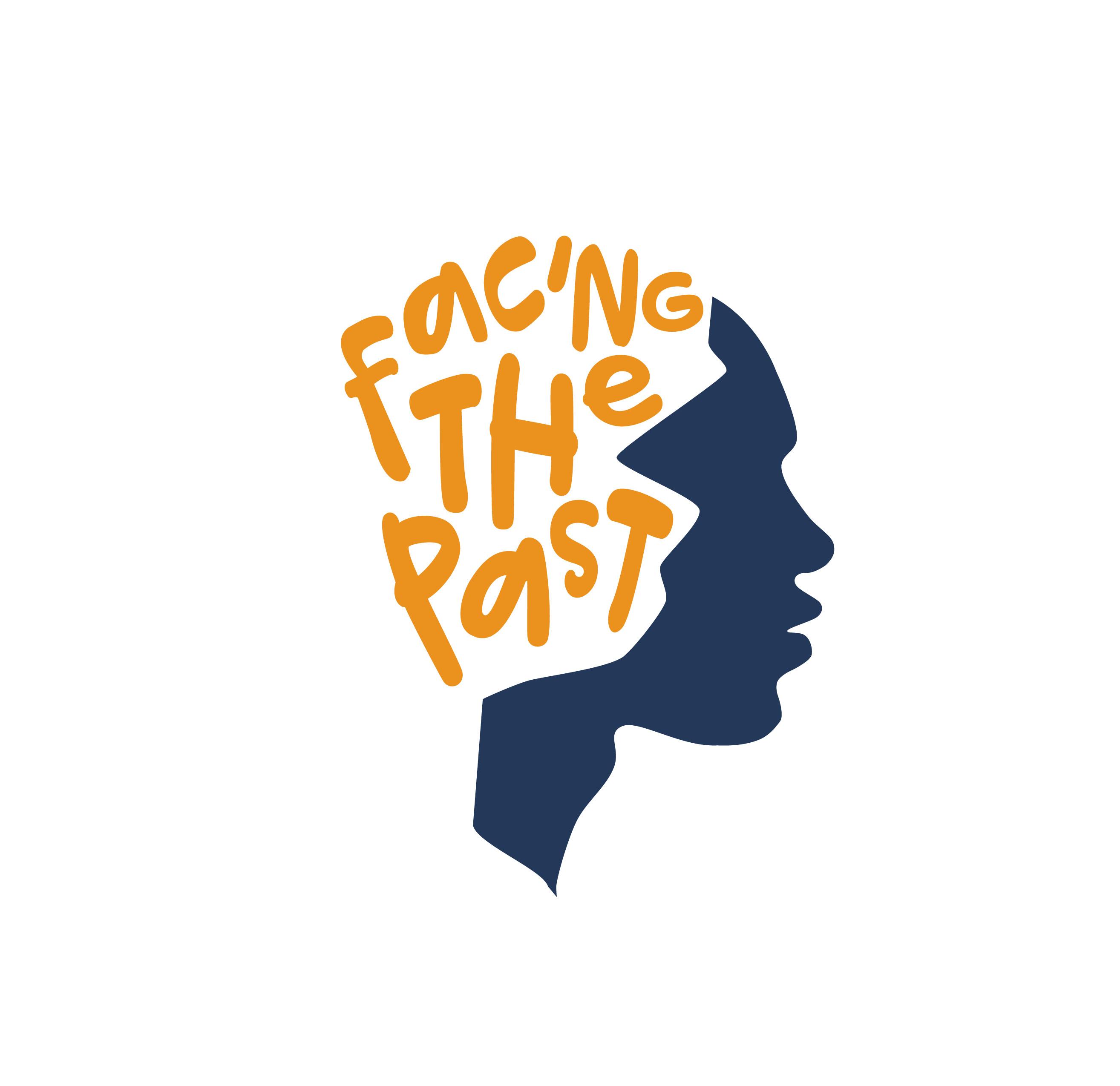
As part od the ongoing consultation work on how to memorialise the histories of Lancaster’s relationship with the trans-Atlantic Slave Trade, Facing The Past have led a creative consultation programme with three local secondary schools, Ripley St Thomas, Lancaster Central High School and Lancaster Royal Grammar school.
Pupils have worked with Amy Todd (Historian and Public Engagement Facilitator) and Louise Gibbons (Creative Facilitator & Dance Artist) throughout February and March to explore and discuss these important histories and ensure that the local young people's thoughts, feelings and suggestions for memorialisation are at the centre of further decisions taken by the steering group.
The programme involved slavery walking tours of the city, a talk from Professor Griselda Pollock, a creative workshop with artist Lela Harris and visits to Judges’ Lodgings Museum.
Louise Gibbons has reflected “Working on the Creative Consultation strand with young people in Lancaster has been a rich and interesting experience. The wide variety of speakers & workshop leaders, demonstrated many different approaches to memorialisation. The young people were particularly taken with the artistic approaches, for example Lubaina Himid's work and the 'Black Lancastrians' exhibition, by artist Lela Harris.”
The programme concluded with a presentation from the young people to the steering group and partners sharing their thoughts for how this history should be memorialised. This sharing gave everybody the opportunity to converse and ask questions.
The young people’s ideas for types of memorialisation focussed on three strands: Innovation, Interrogation and Inclusion. The students from Ripley St. Thomas were keen on blending ideas and approaches, which allowed for interesting combinations, essentially creating project proposals with a number of strands within each one. Sixth form students from Lancaster Royal Grammar School, having worked on and debated complex topics such as this, had an in-depth discussion of the 'pros and cons' of each approach to memorialisation. Central Lancaster High School, although being the youngest pupils, struck us with their thoughtfulness around accessibility and inclusion.
Amy Todd has expressed her thanks to all of the students who have taken part. “Often I have found that young people are exemplary in terms of their generosity and understanding when tackling difficult subjects such as these. We don't want to shy away from different views on the role of memorialisation. We ensure that the young people can make well informed decisions by giving them a high quality, historical and factual full history of events about the Trans-Atlantic Slavery Trade and Lancaster’s role in this. From enslaved Africans escaping from Lancaster to the relationships between cotton, furniture making and local Quaker merchants, we will demonstrate the direct impact the young people can have on how we share these stories with the public”.
Reflecting on the sessions, Louise Gibbons said “The voices of our young people are extremely important to us and will directly shape what happens in terms of future memorialisation of Lancaster's involvement in the Trans-Atlantic Slave Trade. At the moment, we are hearing very strong feelings that these histories must not be forgotten in the future.”
We are extremely grateful to the support of the staff at all schools for their enthusiasm and all the resources they have put into ensuring this important programme can be implemented. We were blown away by the level of commitment and how incredibly invested they are in this work. This project wouldn't have been as impactful without their help.
We also could not have run this programme without the generous support from Lela Harris, Griselda Pollock, Alan Rice and the Judges’ Lodgings Museum.

Amy and Louise at Ripley St Thomas.

Louise leading a session at Ripley St Thomas.

